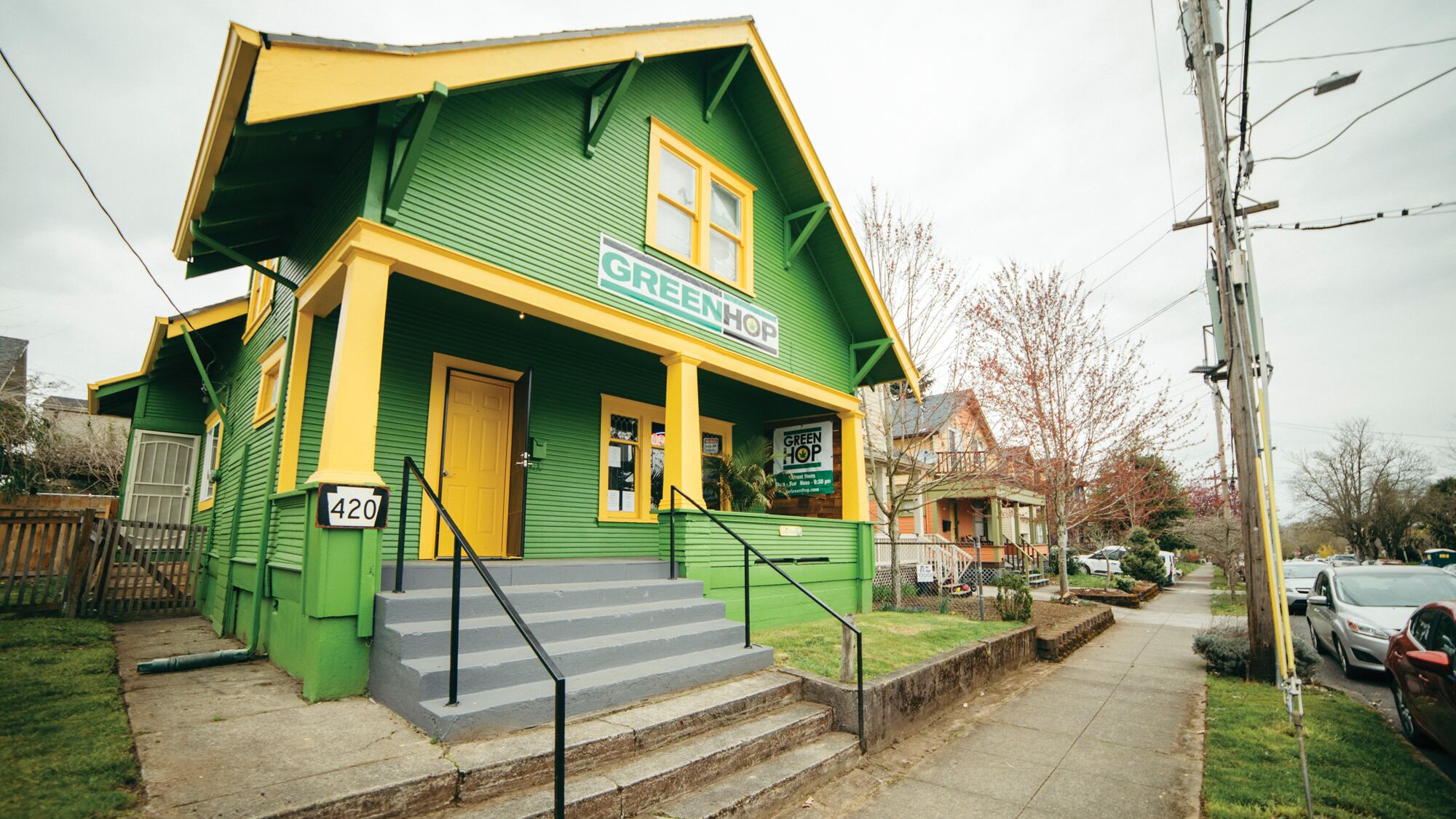The Oregon Department of Revenue posted new cannabis tax numbers Jan. 4 and, while receipts for November dipped from the previous month, they were still more than 41% higher than revenues from November 2019.
As the chart below shows, state tax revenues from cannabis sales have soared during the pandemic. For the fiscal year, which began July 1, receipts are up more than 43%.

That bonanza is a matter of greater interest since voters approved Measure 110 in November. That measure decriminalized the possession for personal use of a number of street drugs, including cocaine, heroin and methamphetamine, while also diverting any cannabis tax receipts above $45 million from their pre-Measure 110 uses (K-12 education, county programs and the Oregon State Police) to addiction and recovery services.
Last fiscal year, the cannabis tax brought in $133 million. This year it is on a pace to bring in about $175 million.
When Gov. Kate Brown issued her budget for 2021-23 in December, she proposed delaying the implementation of the new addiction and recovery funding part of the measure until July 2022 to give the state time to make budgetary adjustments for the groups that would lose funding under the measure.
Tera Hurst, executive director of the Health Justice Recovery Alliance, which was established to help implement the measure, says her group and others are meeting regularly with the governor's office and key lawmakers and still hope to convince lawmakers to override Brown's proposed delay.
Measure 110 went into effect Dec. 3, 30 days after passage, so money is in theory already flowing into an account that would allow the new programs to launch later this year. Hurst says more than 150 people applied to be on the oversight board for the measure. That board will be chosen Feb. 1.
Meanwhile, legislative leadership has formed a standing committee to implement the measure. The Legislative Fiscal Office gave lawmakers an overview of where things stood with the measure's finances last month.
Hurst says she's optimistic there's enough money in the system to move forward without delay and without disrupting the budgets of those entities expecting a full allocation of cannabis tax money this fiscal year.
"The money is there," Hurst says. "It's up to the Legislature to give the Oregon Health Authority the permission to use it."
Multnomah County District Attorney Mike Schmidt announced last month his office would stop enforcing the current drug laws that Measure 110 set for decriminalization in February. Hurst is hopeful that the other component of the measure, a statewide system of supports and recovery resources for people dealing with addiction that will be overseen by the OHA, is treated with the same urgency.
"People are wrapping their brains around how to do this," Hurst says. "The OHA is working really hard to get everything in place."

